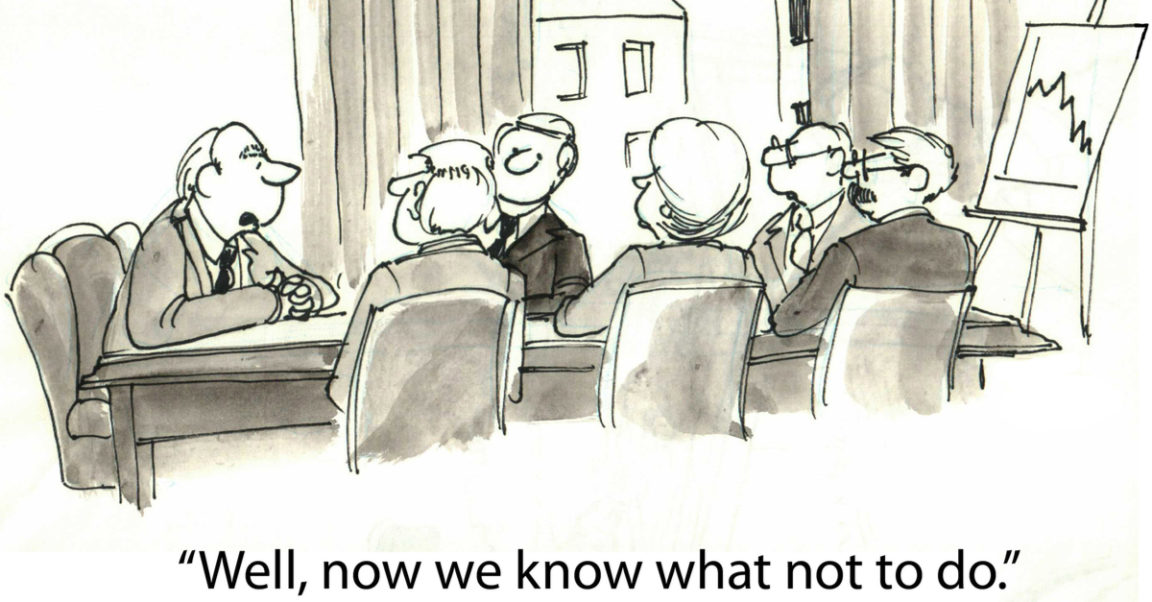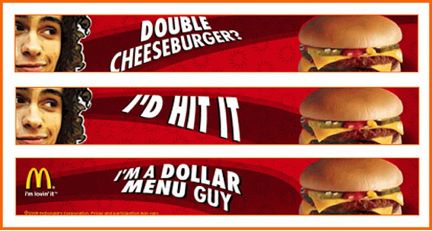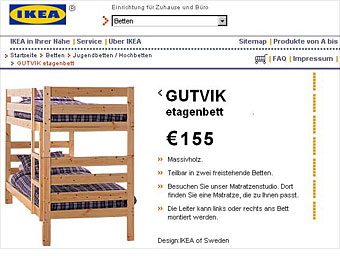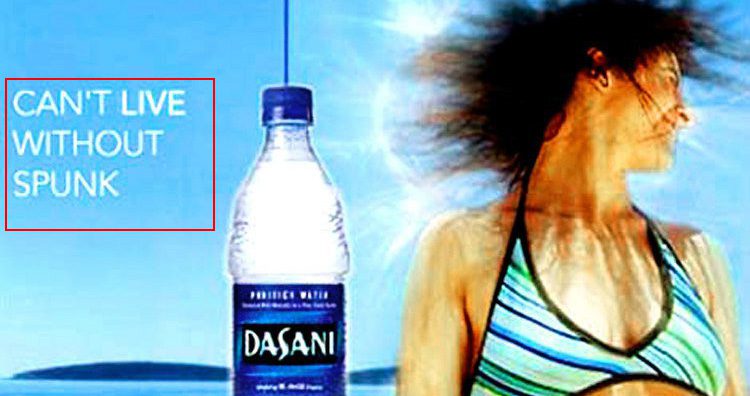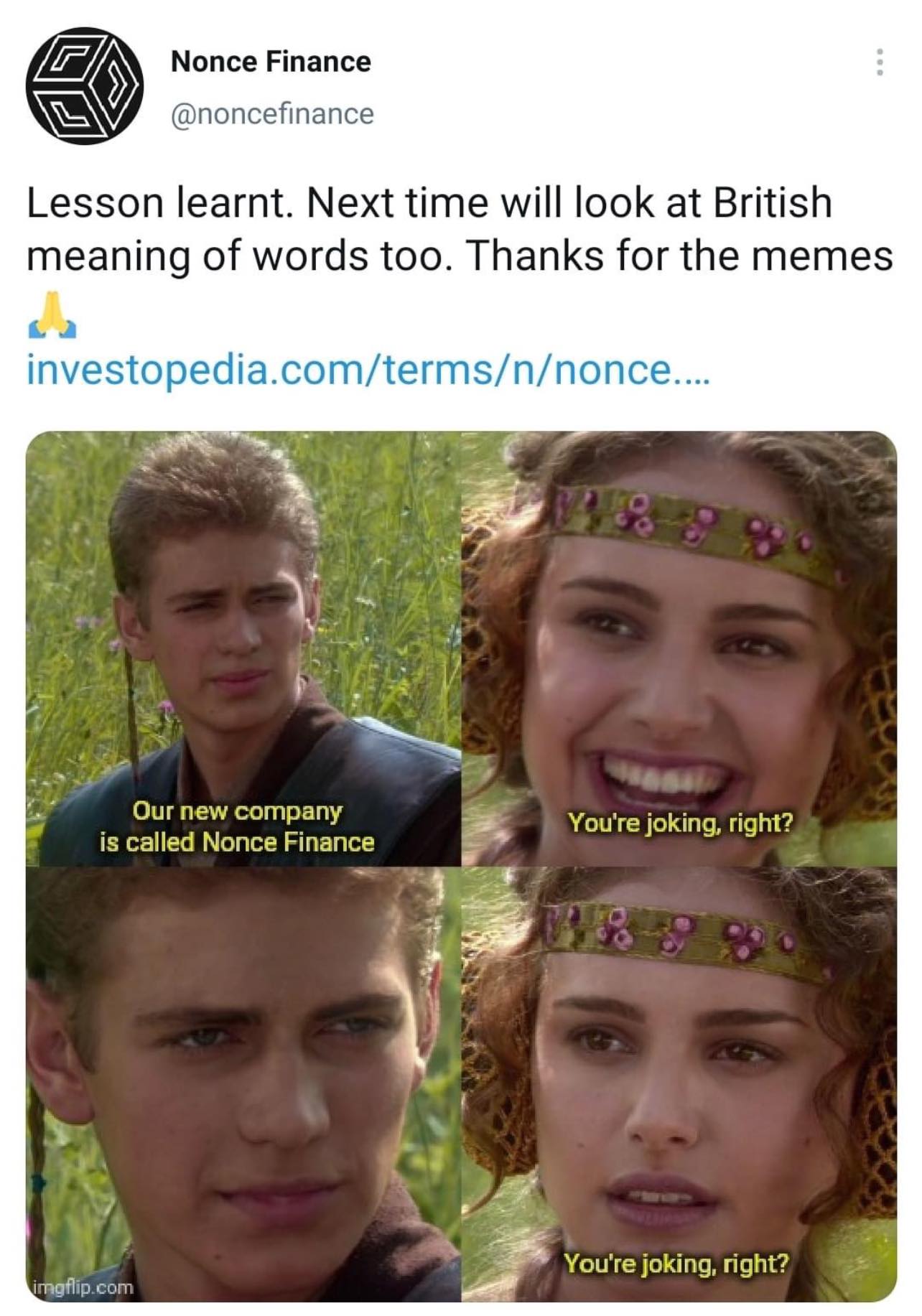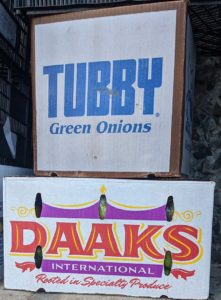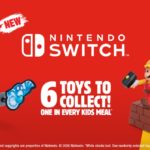Manufacturers try to keep brands, model names and slogans consistent across international markets as possible for obvious reasons. Sometimes they catch poor meanings in local languages and dialects before launch, and sometimes they don’t. These brand blunders are a favorite for marketing textbooks, news sites, and business blogs, although rarely are the sources are verified. After all, why let the truth get in the way of a good story, right?
True Global Marketing Language Disasters
Wikipedia has a list, but here are 10 verified examples not listed on Wikipedia.
Barf Soap
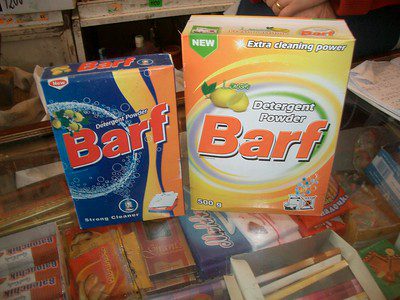
Barf Soap, “barf” meaning “snow” in Farsi. Other than a food or drink, I can’t think of any other worse product category that could have a name synonymous with “vomit” in English.
Nancy’s Petite Bites
American frozen food brand Nancy’s launched mini quiche party appetisers along with a 2010 print magazine advertising campaign with the slogan “Petite bites. Big Compliments”. By mixing French in with English, they’re capitalizing on a concept known as “language fetishization”. This concept is common throughout the world retail and music, with sometimes non-sensical use of English inserted with local languages.
The problem? “petit bite” translates to “little dick”.
McDonald’s “I’d Hit It” Slogan
McDonald’s, continually using new slogans tried to capture the youth market with “I’d Hit It”. Unfortunately, it’s slang for “I’d have sex with it.”
Mind you, we live in an era where Netflix show Big Mouth has a running joke about a character having sex with food.
Incidentally, today I learned that sexual attraction to food is called sitophilia. Thanks, Wikipedia!
Panasonic “Touch Woody” Computer
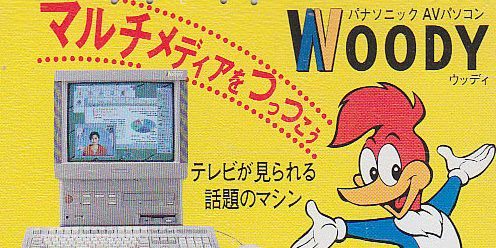
Japanese corporation Panasonic launched touch screen computer in 1996 with the aid of 1940s American cartoon character (and Universal Brothers Studio mascot) Woody Woodpecker. In addition to licensing the likeness of the character, they named the PC “The Woody” and used the slogan “Touch Woody — The Internet Pecker”
Umbro “Zyklon” Shoes
Sportswear firm Umbro released the shoe model Zyklon in 1999, a name shared by the poison used in Nazi gas chambers. While not listed on the shoe itself, the name, chosen by the designer was on boxes. Jew-larity ensued.
No word on whether these Pumas that look like Hitler are real or not.
Reebok “Incubus” Shoes

Similarly, Snopes verifies that Reebok released the “Incubus” shoe, named after the mythological sleep-rape demon. Apparently, the label went unnoticed on boxes for a year until ABC News broke the story in 1997.
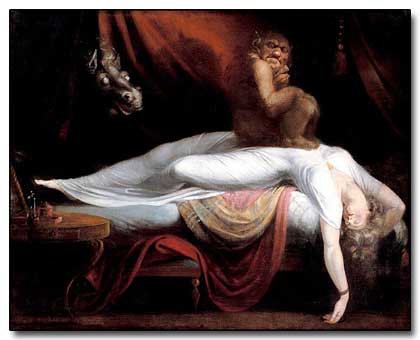
Personally, I don’t think was scandalous, but according to Cracked, “Reebok shipped out a bunch of labels to cover over the name on approximately 53,000 shoeboxes.”
Sega’s Pronunciation

Gaming company Sega has to insist on the pronunciation to “See-ga” in all of its advertising because “Say-ga” is Italian slang for male masturbation.
IKEA’s Product Names
When Ikea launched in Thailand in 2011 they had to change a couple product names, as their “Redalen” bed, named after the Norwegian town, in Thai resembles a euphemism for sex. Similarly, the “Jättebra” pot plant is also a Thai slang term for sex.
Even more unfortunate, the Ikea “Gutvik” children’s bunk bed sounds very similar to “good fuck” in German.
Mondelez in Russia
Multinational confectioner Mondelez has to be careful in Russian-speaking markets, as when said out loud It sounds like a vulgar term for oral sex. Still, Kraft did their due diligence when choosing the name, included two rounds of focus groups in 28 languages, including Russian. They determined misinterpretations in any of the tested languages to be low-risk.
NKA – WANKA
Personal story. A now-defunct Singaporean client of mine called NKA expanding into Western Australia at the time wanted to call their West Australian branch WANKA. Explaining to them that WANKA sounds like “wanker” (a British and Australian term for “male masturbator”) was not sufficient for them to understand the issue. The language divide was so great, I had to demonstrate the hand movement for them.
Anything named Isis or ISIS
“Isis” was once primarily associated with the Egyptian goddess of the same name and has been used by countless companies and brands in various ways for decades, if not centuries. That was, until the al Qaida-inspired violent jihadist group called “Islamic State of Iraq and Syria” (ISIS) emerged and conquered large swaths of land. The name is now associated with religious extremism, fears of radicalization of locals throughout the world, war, refugees, and oppression. This has led to a long list companies and groups changing their names so not to be confused with the ISIS terrorist group.
True Marketing Language Blunders in the Automotive Industry
So far we have discussed language blunders companies have stepped into when entering new markets, now we’ll look at more disasters that almost and did happen in the automobile industry.
The Ford “Pinto”
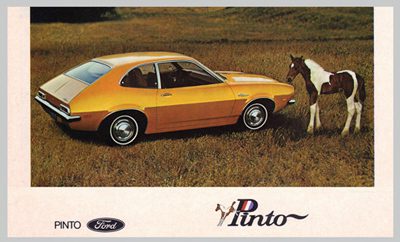 The Ford “Pinto” initially failing in the Brazillian market, meaning “male genitals” in local slang. They quickly renamed it “Corcel”, meaning horse or steed.
The Ford “Pinto” initially failing in the Brazillian market, meaning “male genitals” in local slang. They quickly renamed it “Corcel”, meaning horse or steed.
The Honda “Fitta”
They ALMOST launched the Honda Jazz (aka Honda Fit) as the “Fitta” before feedback gathered from multiple markets revealed the “Fitta” is a vulgar term for female genitalia in Swedish and Norwegian – essentially, “pussy.” Luckily the problem was caught early on, so they renamed it to inoffensive Honda Jazz.
Mitsubishi “Pajero”
The Mitsubishi “Pajero” was renamed “Monero” in Spanish speaking countries, where the word is a slang term for “masturbator”. Sadly the car was discontinued in 2021 due to the decline in sales. And yet according to PornHub, the masturbation market is still going strong.
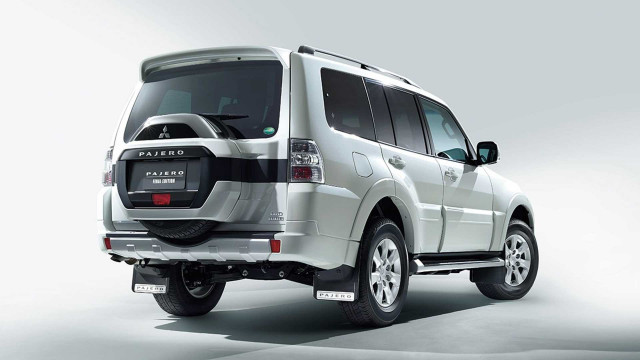
Kia “Besta”
The Kia Pregio was initially the “Besta” in Brazil. It needed a rename because while it can mean “beast” in most Latin tongues, it can also be a derogatory term for an idiot.
Mind you, the Besta replaces the older “Bongo” line, which is hardly an impressive name for any product to my English-speaking sensibilities.

GM “Buick LaCrosse”
GM was caught in 2003 with just a year to spare, discovering the new Buick LaCrosse means “masturbator” in Quebec. They decided to keep the name anyway.
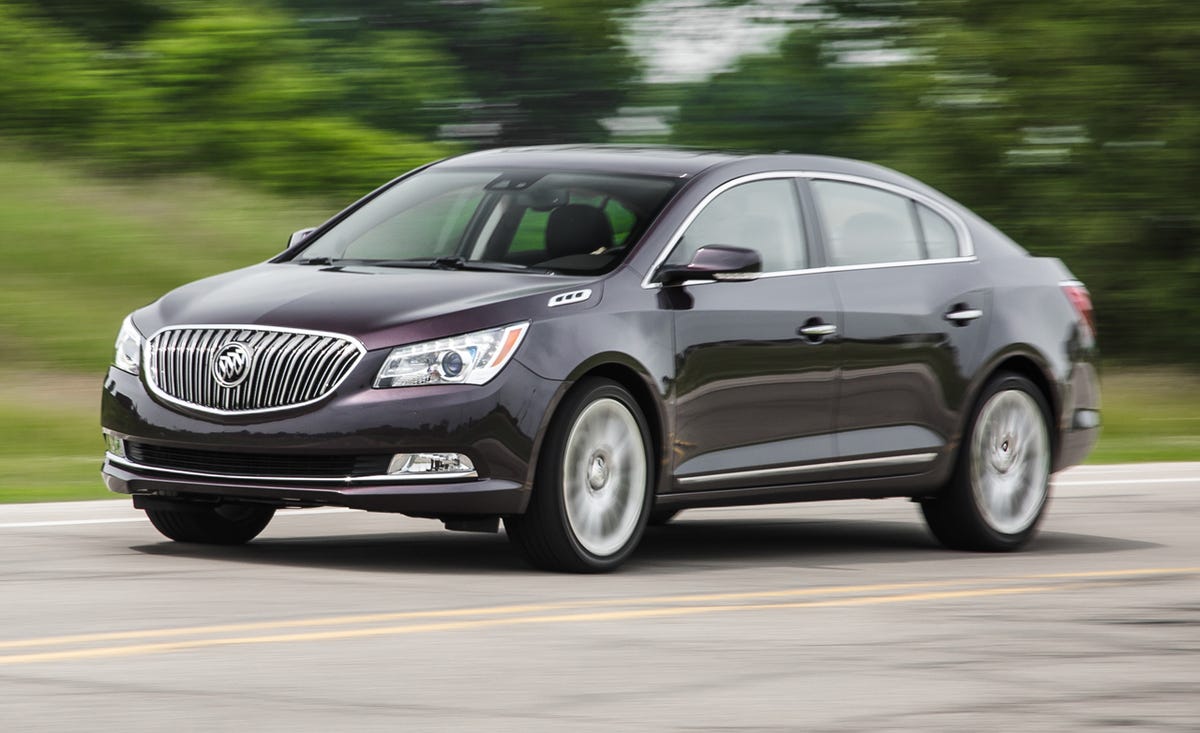
Rolls-Royce “Silver Mist”
Rolls-Royce almost released the “Silver Mist” in the 1960s, but switched to “Silver Shadow” as “mist” means “excrement” in German.
Tata “Zica”
The Tata “Zica,” announced in 2015 had to be changed to the “Tiago” after the outbreak of the Zika virus.

Famous Marketing Language Blunders Debunked
Business blogs, industry articles and even marketing textbooks are filled with case studies about brand blunders that never happened. Whilst all the above-mentioned brand language blunders really happened, below is a list of often-cited marketing stories that range from unlikely to outright debunked.
Chevrolet Nova
[False] Marketing textbooks (including the ones I used) love to tell the story of the Chevrolet Nova. The name “Nova” is apparently close to “no va”, which translates to “Doesn’t Go” in Spanish, and this name was supposedly the reason why the product flopped in South America until their changed the name. Not true. The Nova sold well, and is still being sold under that name. And Nova ≠ No Va. As Snopes rightly points out, that would be equivalent to a table brand called “Notable” failing because English speakers thinks it means “No Table”. Furthermore, there are other Nova brands in the Spanish speaking world (Hispanosphere), including a former a Mexican leaded petrol brand.
Coca Cola’s Dasani Water “Can’t Live Without Spunk”
[False] Coca Cola expanded their popular water brand Dasani to the UK in 1999 with the advertising slogan “Can’t live without spunk”. They spent millions on their advertising campaign, not realizing “spunk” is a colloquial slang term for “semen”. This, so the story goes, is why the product failed. Not true. As explained in this fantastic video by Tom Scott, the failure was a reaction to premium bottled water being no more than treated tap water, following by a contamination scandal due to a bad batch of calcium chloride, resulting in a breach of the legal limit of bromate, a carcinogen. The resulting 2004 product recall was a final nail in the coffin for the brand.
Colgate means “Hang Yourself” in Spanish?
[False] No, “Colgate” does not mean “hang yourself” in Spanish, and Colgate toothpaste remains popular in the Hispanosphere. “CUEL ga te” can mean to get hung up or delayed. “Ahorcarse” is to hang yourself by the neck until dead.
Coors Beer “Turn it Loose”
[False] Coors Beer’s 1983 “Turn it loose” Spanish campaign failed because the Spanish transliteration is slang for “get diarrhea”. This story is everywhere, claiming they used either “suéltalo con Coors” or “suéltate con Coors”. Not true, says David Wilton in his book Word Myths: Debunking Linguistic Urban Legends. Coors never actually ran an ad campaign featuring either slogan.
Clairol “Mist Stick”
[Unlikely] Hair product company Clairol tried expanding the Mist Stick into Germany in 2006 but failed because “mist” in German means “manure” or “excrement.” I’m unable to find any verifiable proof of this, and according to one source this never happened. This likely started as someone confusing the 1960 Rolls Royce Mist example we gave in Part 2 of this series
Wang Computers “Wang Cares”
[Unable to verify, but likely true] In the 1970s, now defunct Wang Computers expanded to the UK with the slogan “Wang Cares”. Said out loud, this sounds an awful lot like “wankers”. Luckily their UK division caught this before the campaign launch.
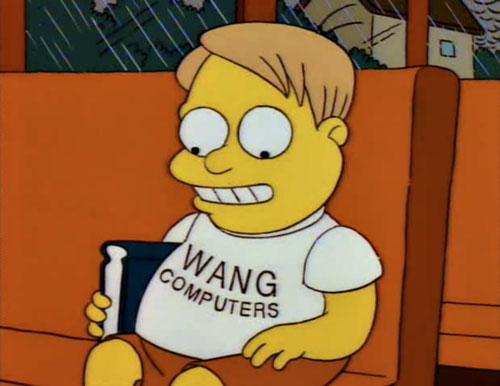
Pepsi “Come Alive With Pepsi”
[Might be true] Supposedly Pepsi had a campaign with the slogan “Come alive with Pepsi”, which according to textbooks might have translated to the following in the Chinese and German markets: “Come alive out of the grave with Pepsi,” “Pepsi will bring your ancestors back from the dead,” or “Bring dead ancestors back from heaven.” Snopes have been unable to verify this.
Frank Perdue “It Takes a Strong Man to Make a Tender Chicken”
[Probably false] American chicken magnate Frank Perdue expanded his billboard campaign “it takes a strong man to make a tender chicken” to Mexico where it was mistranslated to be “It takes a hard man to make a chicken aroused.” This story even makes its way to Epic Fail The Ultimate Book of Blunders By Mark Leigh. Before we had Snopes there was nationally syndicated newspaper column (founded 1973), book series and website The Straight Dope by Cecil Adams. Its web forum is also pretty good, and is the only source I can find on this story, with one post convincing me the story is unlikely.
Toyota “Fiera”
[Unable to verify] Toyota “Fiera” means “ugly old woman” in Puerto Rico.
Nonce Finance
Heck, sometimes a simple dictionary check should work. Well done Nonce Finance!
Names Out of Context
As an Aussie in America, I occasionally find myself far too amused by vulgar colloquial Australian slang that are big abroad. I had plenty of hilarious Engrish situations during my time living in Japan, but here are my favourites from the US.
Sustainable Housing For Ageless Generations

Shag is a large housing for seniors brand in Seattle. I sometimes pass a Shag housing establishment, or even the odd Shag van. Surely the popularity of the Austin Powers movies would have ruined this name which is also a British term for “have sex with”, but apparently not.
Fatso and Pants
This was a personal find that made me chuckle outside an Indian supermarket in Seattle. “Tubby” is of course “a euphemism for a little bit fat”, and in Australian English, “dak” means trousers, with “trackie-daks” being a common term for “tracksuit pants”. When used as a verb, it means to pull down someone’s pants, usually in a crowded place.
Further reading:
- Word Myths: Debunking Linguistic Urban Legends by David Wilton
- Racist advertisements and tone-deaf marketing | The Business Standard


